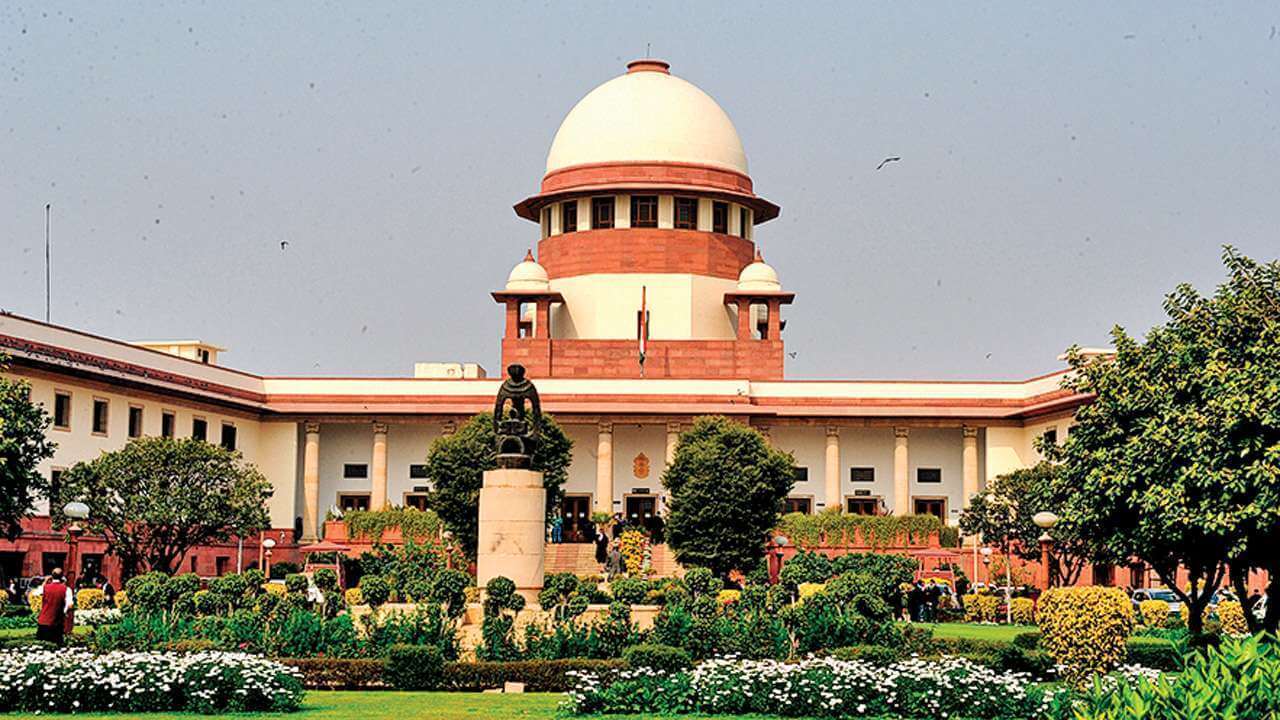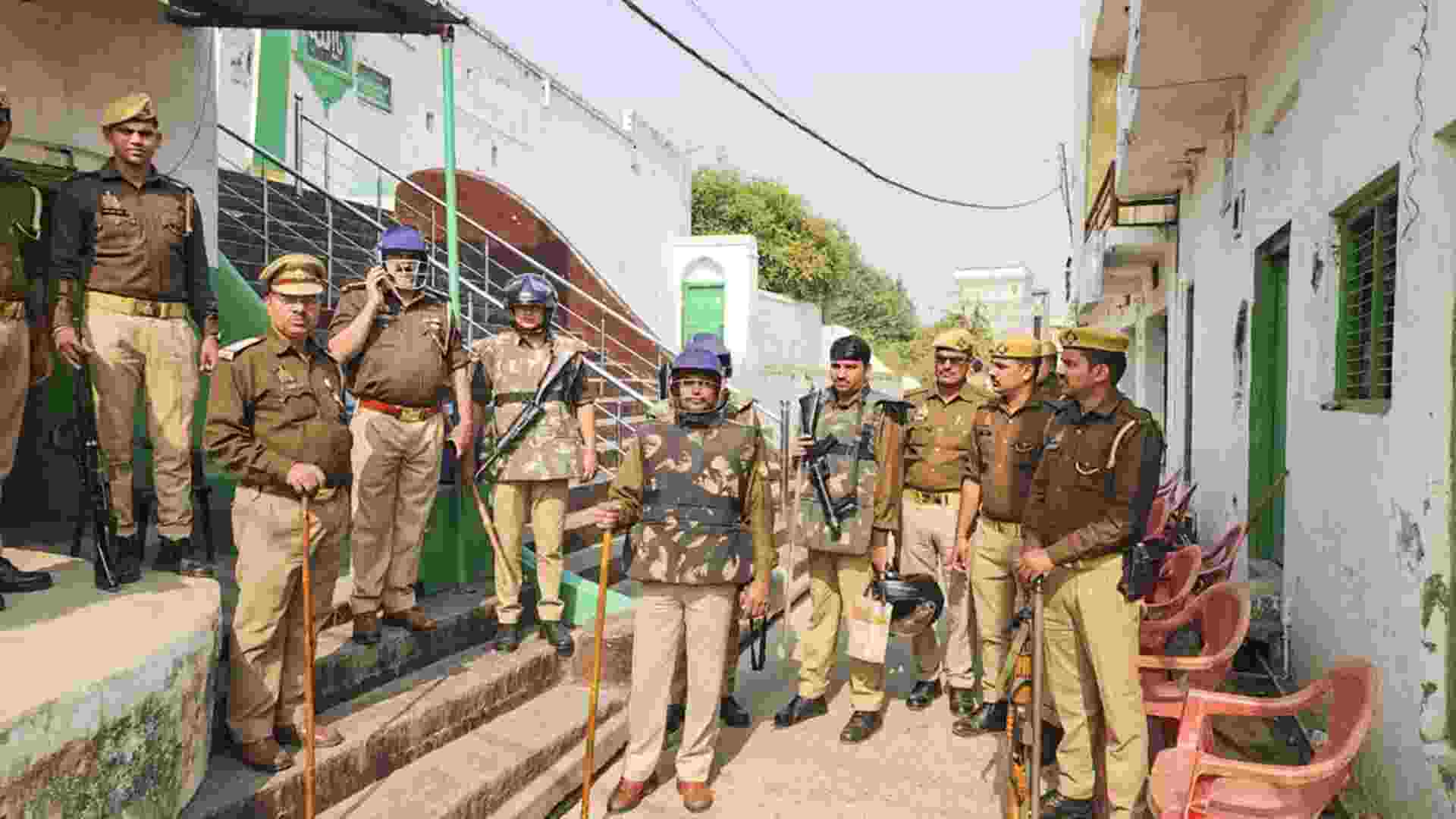
The Supreme Court in the case Jabir vs State of Uttarakhand observed while setting aside concurrent conviction of murder accused that the court should not convict an accused only on the basis of the “last seen” circumstance. The bench comprising of Justice S. Ravindra Bhat and Justice P S Narasimha observed and has stated that the “last seen” doctrine has limited application, where the time which is lag between the time the deceased was seen last with the accused, and at the time of murder, is narrow. In the present case, the dead body of Haseenm, a ten year old buy was found on 10.10.1999 in the sugarcane field of Yaqub in Village Narayanpur. Jabir and others who were being accused of committing murder of this boy and they were convicted by the Trial Court. Thus, the High Court disposed of their appeals. However, the Apex Court while reappreciating evidence on record, noted that the conviction is solely based on the testimonies of these two sets of witnesses who stated that they had seen the deceased early morning on 09.10.1999 with the accused. Further, it has been stated by the court that save the “last seen” theory, there is no other circumstance or evidence. Importantly, the time gap between when the deceased was seen in the company of the accused on 09-10-1999 and the probable time of his death, being based on the post mortem report, which was to be conducted two years later but the same being silent about the probable time of death, though it stated that death occurred approximately two days before the post mortem, is not narrow. Therefore, the court while giving the fact and the serious inconsistencies in the depositions of the witnesses, as well as the fact that the FIR was lodged almost 6 weeks after the incident, the sole reliance on the “last seen” circumstance (even if it were to be assumed to have been proved) for convicting the accused appellant is not justified. Accordingly, the bench allowed the appeal and has set aside the conviction of the accused.















